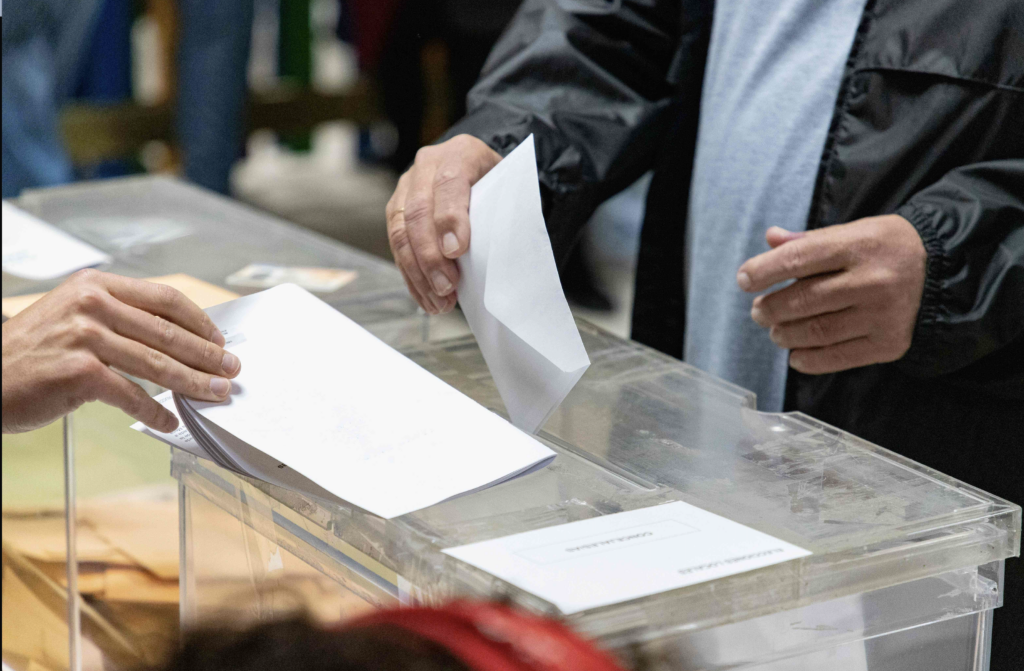Firstly, some argue that voting and engaging in the democratic system is a religious obligation for Muslims, connected with the imperative to promote good and forbid evil. In order to examine the validity of such an argument, we must understand that the modern order of liberal democracy is one that arose with the so-called Enlightenment of the 16th through 18th centuries. Liberalism arose as a reactionary intellectual movement partly in response to the centralization of power among Western European monarchs coupled with the deterioration of traditional religious power structures in the wake of the Protestant Reformation.
As such, Liberalism sought to elevate the role of man as a political being with Divinely ordained natural rights. Sovereignty was conceived of as originating from the populace itself and entrusted into the hands of the rulers. The rulers would then act as a manifestation of the body politic, ultimately representing the will of the people. Voting in democratic elections was conceived of as the mechanism through which the will of the people was understood.
In contrast, traditional Islamic conceptions of sovereignty and authority (wilāya) are understood as emanating from the Creator down through creation. The ruler, however he is selected, has an integral role in acting as a representative (khalīfa) tasked with maintaining justice, order, and the sharīʿa. The ruler’s role is to cater to the needs and concerns of the people, by disseminating and executing the Will of Allah.
As such, we cannot compare modern democratic voting to the kind of wilāya that was entrusted to Muslim rulers within an Islamic framework. To analogize from one to the other in an effort to claim that engaging in the modern democratic system is religiously mandatory ignores the fundamental divide between an Islamic system based in revelation and a Western one based in a rejection of religion in general. We simply cannot mandate voting as a religious obligation just as it is not a legal obligation in the US. If one chooses to not vote, they are not engaged in sin.
At the same time, however, we must be careful not to make the claim that voting in such a system is religiously impermissible. While the theoretical framework of the modern democratic order differs significantly from that of Islam, casting a vote does not imply an acceptance of that order as embodying Truth. Muslims should be at the forefront of promoting the good in society and if they are able to do so through voting for one candidate over another, they should be strongly encouraged to do so without it being a religious obligation. Voting can be viewed as simply a strategic and pragmatic tool to improve societal conditions, influence policies, and advocate for welfare and justice, both locally, state wide and internationally. There is thus a clear difference between a Muslim voting because it brings benefit to the Ummah of Rasulullah and voting because he or she views the liberal system as embodying Truth in lieu of the sovereignty of Allah.
This is especially pertinent at the local, and in some cases, state level. Muslims, being approximately 1% of the total American population, face significant difficulties in influencing federal elections at all. But in areas with a strong Muslim presence, we can have a fairly large impact on local and state elections. Muslim civic participation can in fact promote goodness and prevent evil in such cases and as such is strongly encouraged.
Simultaneously, Muslims must not fall into the trap of believing that voting is the only way to promote goodness in our communities. We must be working regularly to establish institutions and resources that develop the Muslim community and imbue it with Islamic knowledge and values. Voting, while encouraged when Muslims can make a positive difference, should not be seen as a replacement for the difficult work of building a Muslim community in line with our intellectual tradition.
We must recognize that the reality of the current system is that no political candidate will ever fully align with Islamic values. Voting for a candidate or party in no way implies an acceptance of all their platform positions, but rather an attempt to enact justice and ward off oppression through whatever avenue we can. We must maintain a balanced approach that encourages civic participation for Muslims while recognizing the inherent limitations of the system and the fact that the theory underlying it is in contradiction with an Islamic framework for sovereignty and authority.

